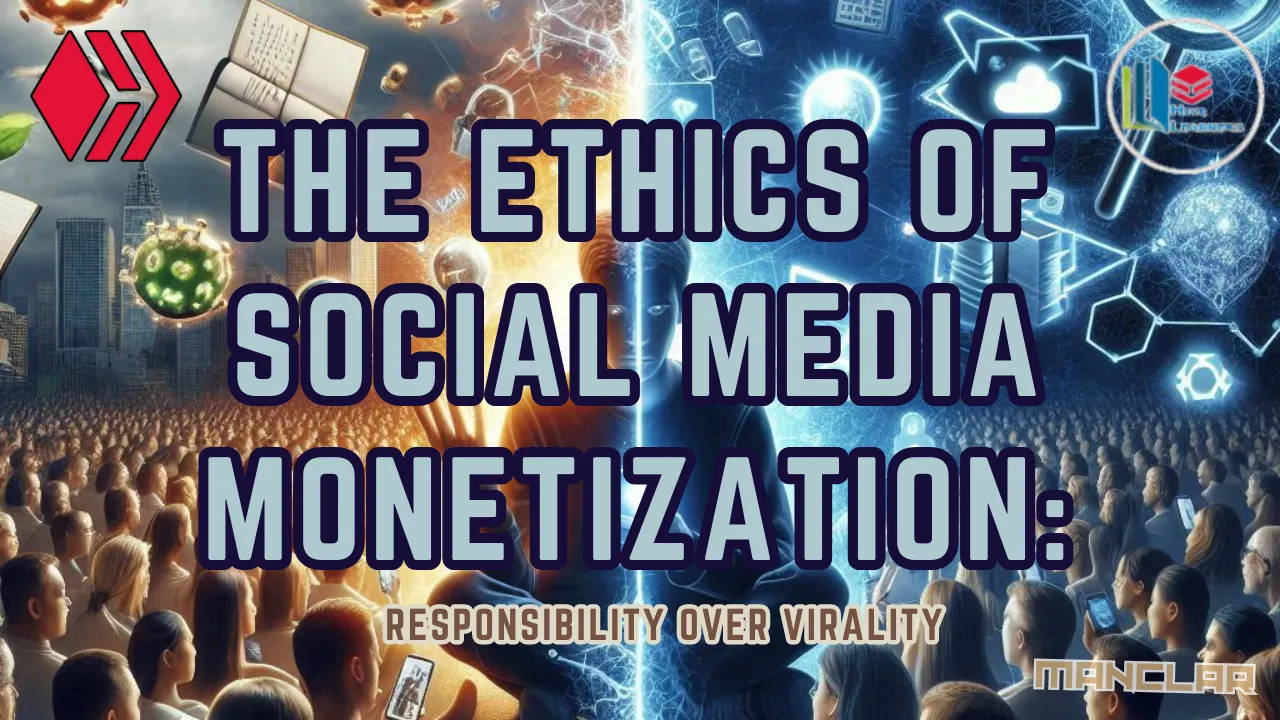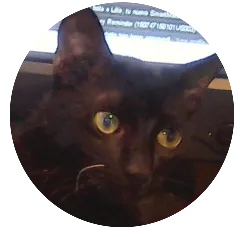
This is a publication based on the suggested topic proposed in the Hive Learners community through their discord, which on this occasion is "Monetising Social Media".
"Not everything that counts can be counted, and not everything that can be counted counts."
<< Albert Einstein >>


Bing AI
Hello dear readers, I welcome you to another episode of my blog. Today we have a topic that is extremely interesting and it's about monetizing social media.
Nowadays anyone takes the name of content creator; they think they're content creators simply because they upload a post to a social network and try to create controversy.
And in reality, from my point of view, a content creator has a much more intense task.
To be legitimate in content creation, they must precisely have a purpose, whether it's to entertain, educate or provide information about a specific topic. And to achieve this, well, you have to have social responsibility.
What happens today is that all these Gen Z youngsters, those born from approximately the year 2000 to date, have this idea that creating content is uploading anything to a social network, and that's not the case.
Companies and people who pay for promotions of this content are precisely interested in capturing the attention of customers who might acquire their products: customers who try that restaurant's food, people interested in buying that video camera, that swimsuit or that product being offered through this person's image.
Generally they're very famous people who are chosen to do propaganda or advertising for this type of content.
And what happens in many cases with these people is that they use controversy to generate visits.
For example, we have the case of this Argentine content creator Michelo, who uses the Venezuelan government (which we already know is quite dictatorial) to promote that the government is very good and that people live well in the country with good resources.


Bing AI
All his videos follow that tone, and we all know it really generates controversy because the country's reality is very different.
So, it's a way to promote fake news and deceive users. What happens with this is that many people, generally teenagers or those lacking critical thinking, believe this information: they think Venezuela is truly doing well because this content creator tells them so and shows them a fictitious reality.
With this comes what I've recently commented on in other posts: an opinion matrix is created and people's lives can be put in danger.
Such is the case of the challenge that's currently trending in Venezuela, where some teenagers have started recording for social networks the "who cums first loses" challenge, which consists of some young men sitting on the floor erect, spinning a little bottle, girls getting naked on top of them, and whoever ejaculates first loses (the one who lasts longer wins).
This has obviously caused great social commotion, because these helpless kids, without life experience, end up getting girls and teenagers pregnant who then don't know what to do, becoming single mothers at an early age.
And all this simply because it's a viral challenge.
Irresponsible content creators don't warn about the dangers, but instead show the "fun" or irreverent side of the challenge, without social conscience.
So, I believe monetizing a person who creates content promoting this kind of thing should be penalized.
That is, laws should be adjusted so this type of content can't be monetized.


Bing AI
Content that truly contributes to society, that shows what a product is like or that offers serious criticism, that could be monetized.
For example, content could be created warning about the dangers of these challenges. The responsibility isn't with social networks, but with the creators.
In this sense, governments must move forward in creating regulations to establish clear rules about how to create content.
If this doesn't come from governments, it should come from the platforms, prohibiting monetization of certain types of content.
For this, qualified personnel are needed to evaluate content. Governments could grant certifications to responsible creators who pass ethics and quality exams.
Those who have this certification could monetize on any social network.
I don't believe content creation should be eliminated, as it's a job alternative for many.
In my case, it's my livelihood, but I do it responsibly: raising awareness, giving critical viewpoints and showing angles that others don't see.
This is what I have to say about monetizing social networks.

This is my black cat "manclar", this account is to honor his dead (it happened years ago).

Visit the Neon Strike discord, the game of the future today!
 (Discord)
(Discord)
Credits:
Thumbnail image maded using Bing AI and edited with Canva.com
The text dividers were made by me using aseprite
Post translated from spanish to english using Deepseek AI